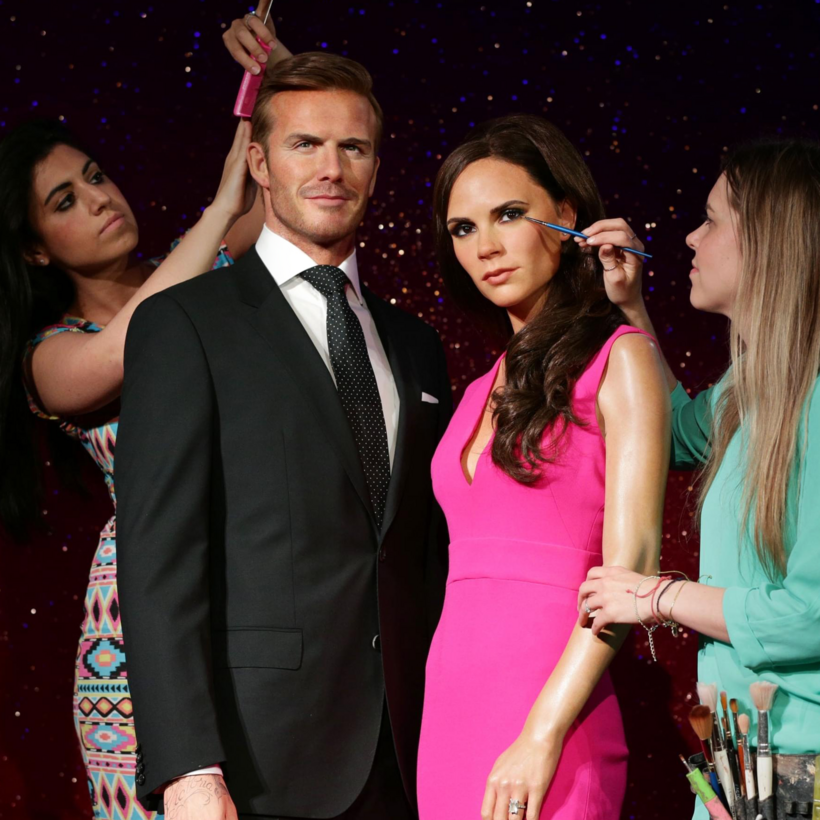The innocent reader might assume that writing a biography is an act of love. Writers know better. “The biographer at work, indeed, is like the professional burglar, breaking into a house, rifling through certain drawers that he has good reason to think contain the jewelry and money, and triumphantly bearing his loot away,” Janet Malcolm of The New Yorker wrote.
“Burglar” is a relatively flattering comparison. Tom Bower — the biographer of Tony Blair, Simon Cowell, the Sussexes and, in his latest book, the Beckhams — has been called the “Carlos the Jackal of contemporary biography” by the political journalist Michael White. Some writers choose subjects; Bower picks targets. “It is 339 pages of slaughter … every chapter, named, it feels like, after a Beckham fragrance — Revival, Dismay, Phony — portrays them as stupid, lying, grasping, mean,” Camilla Long writes in her review.


